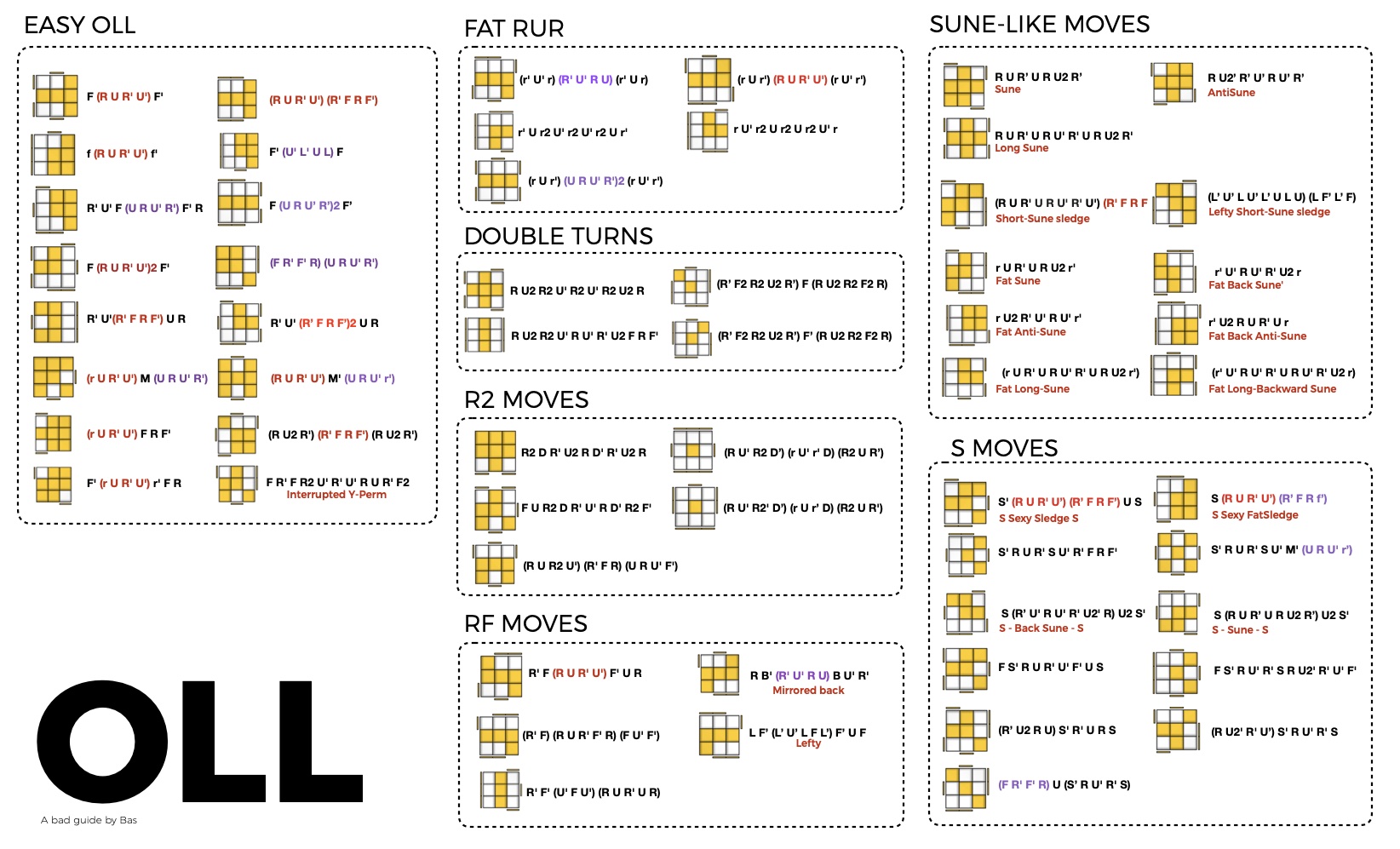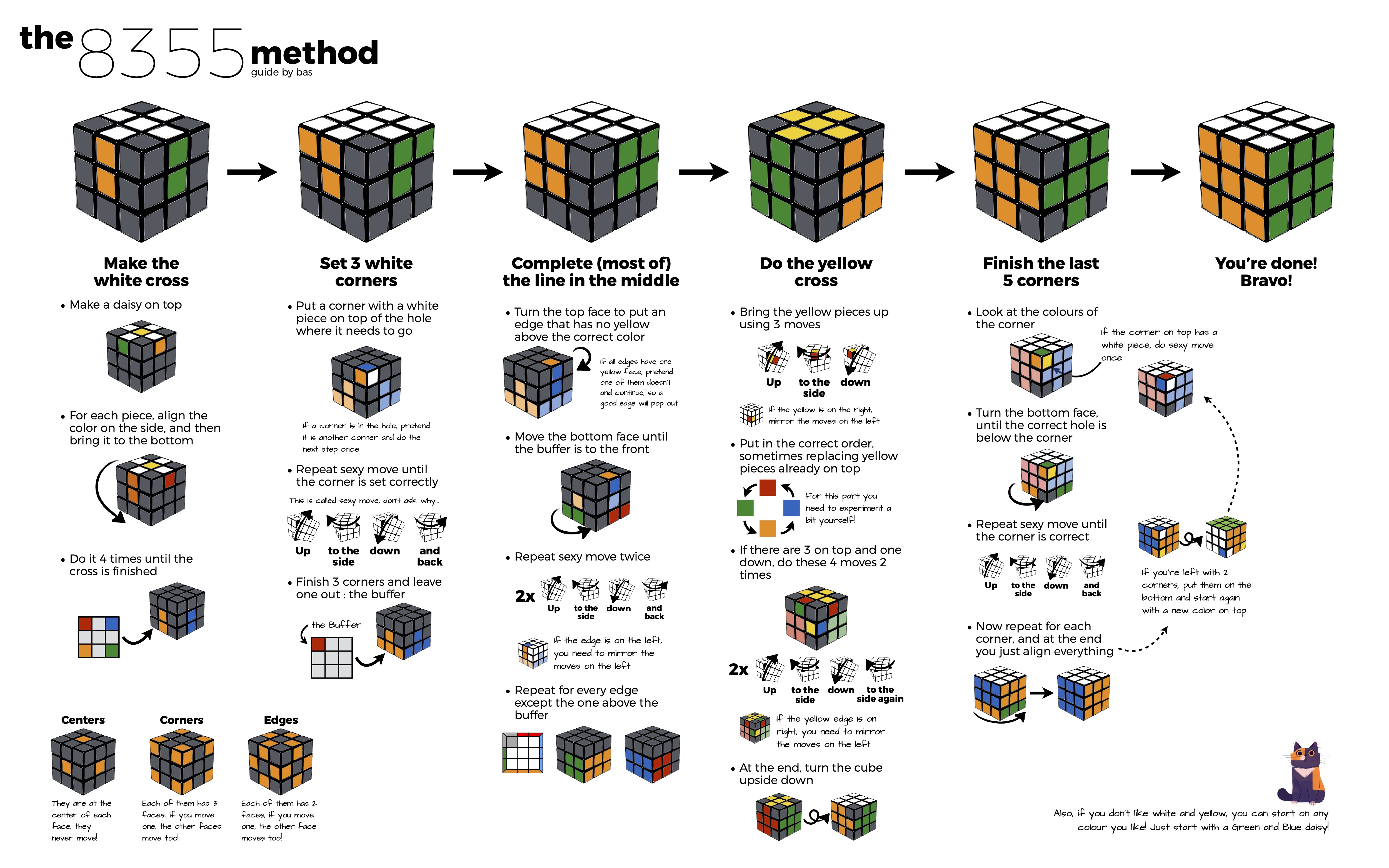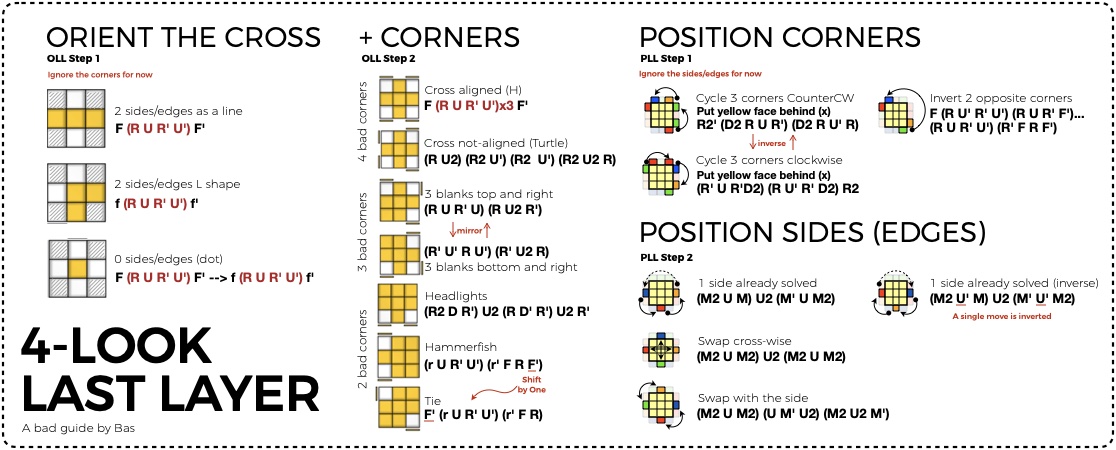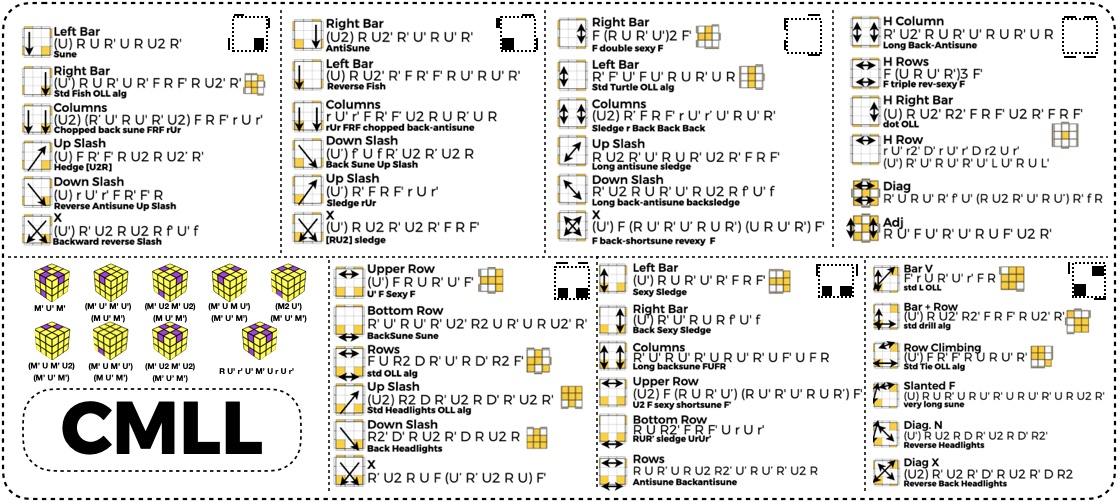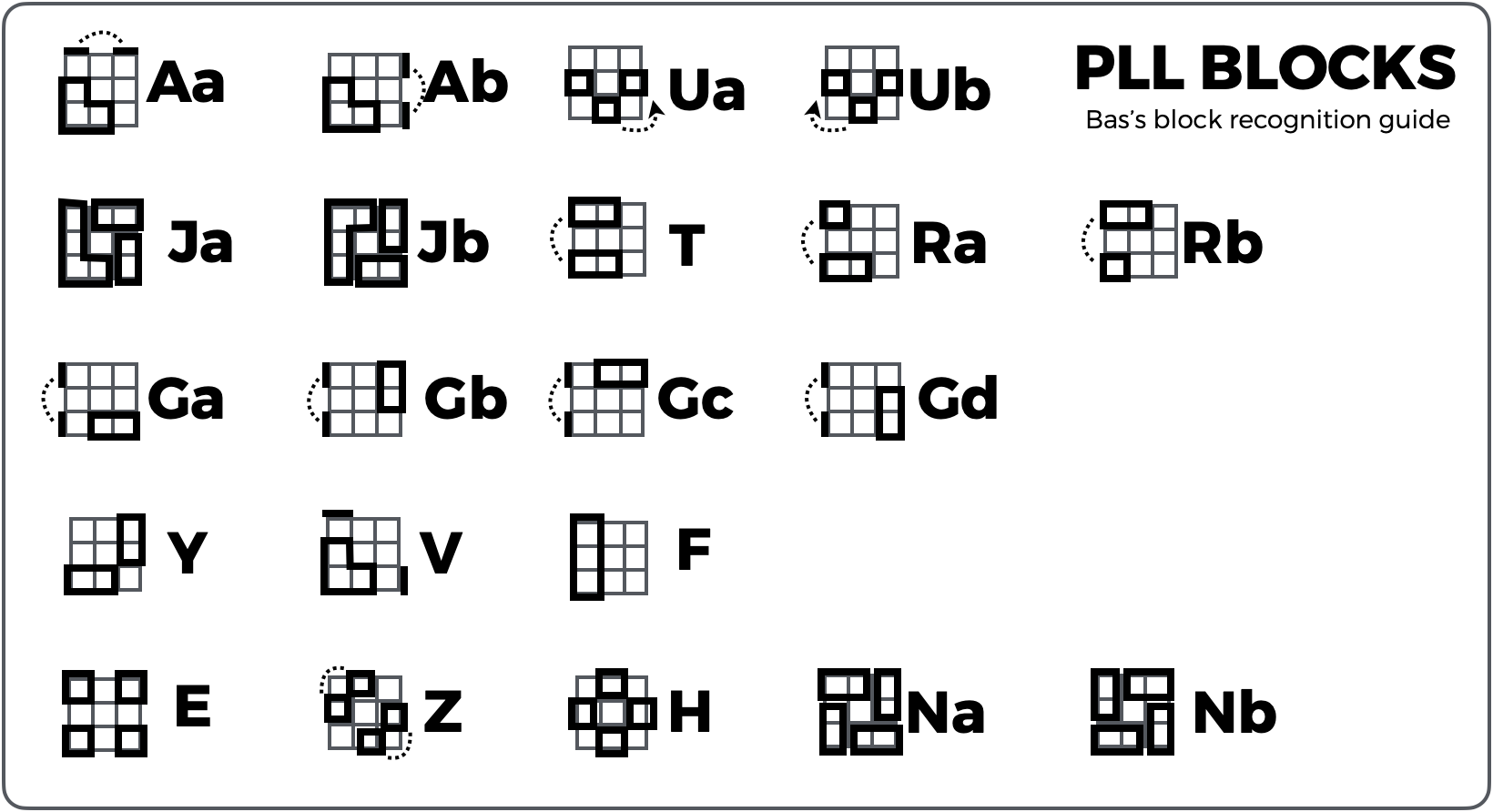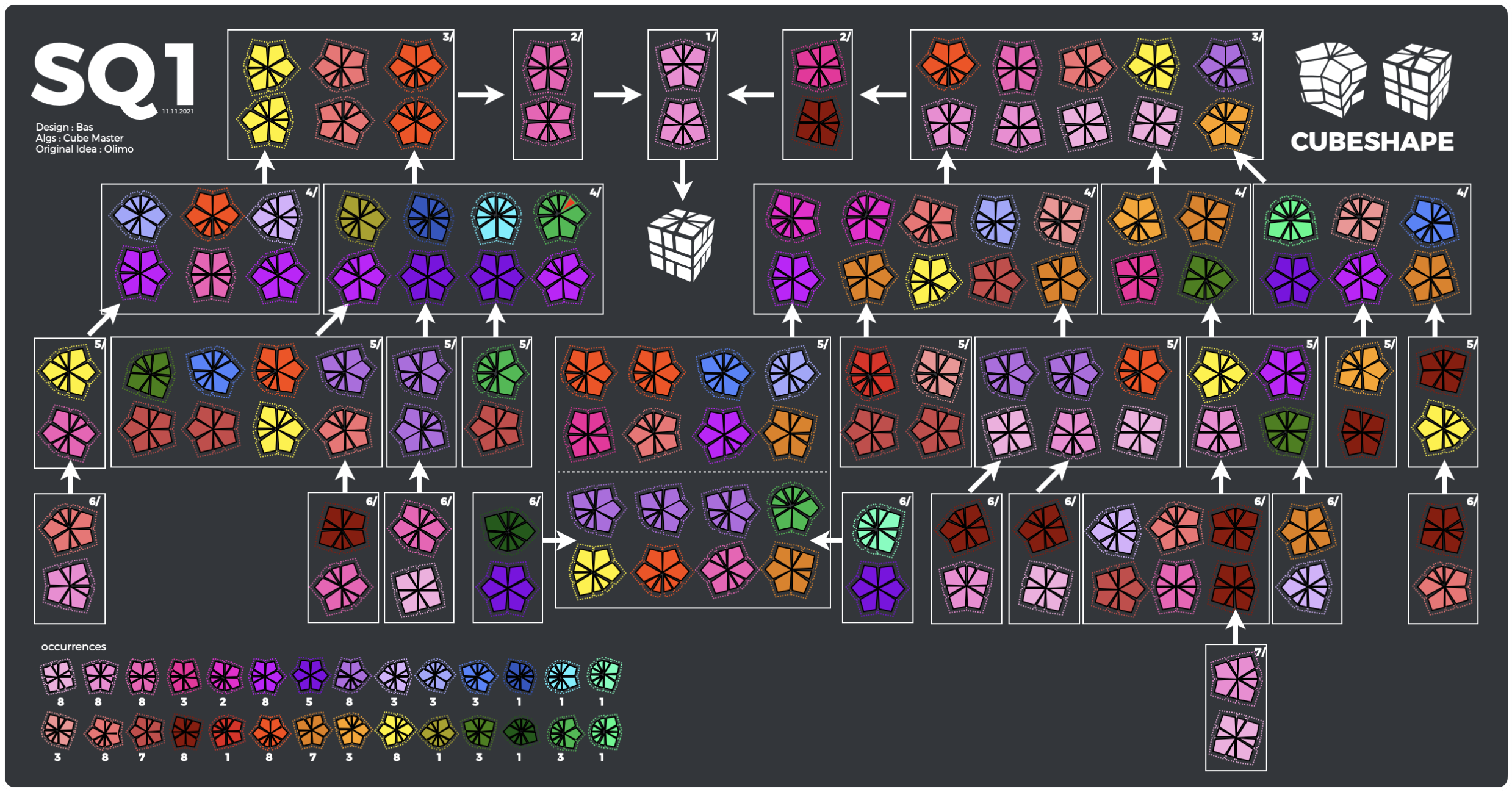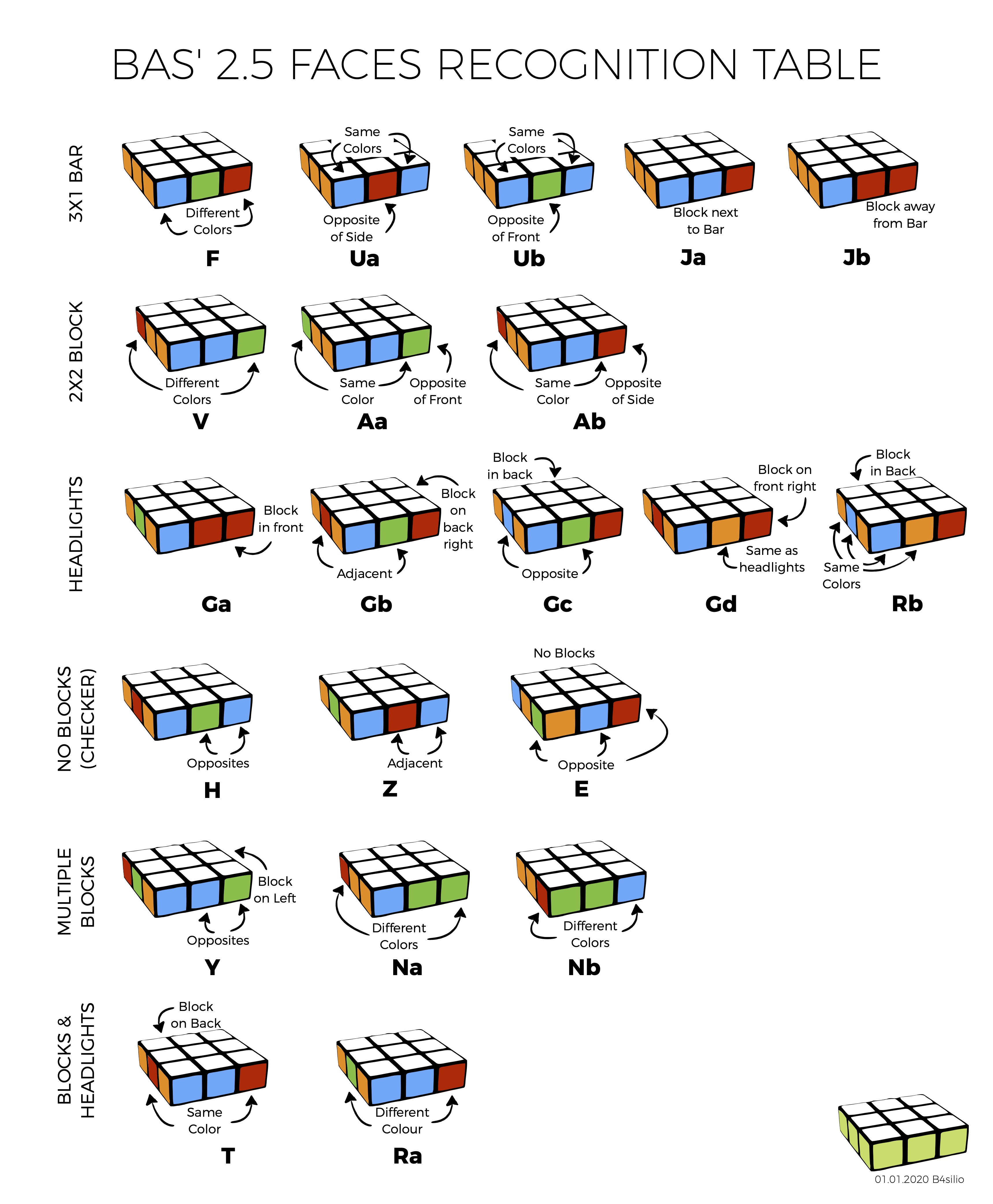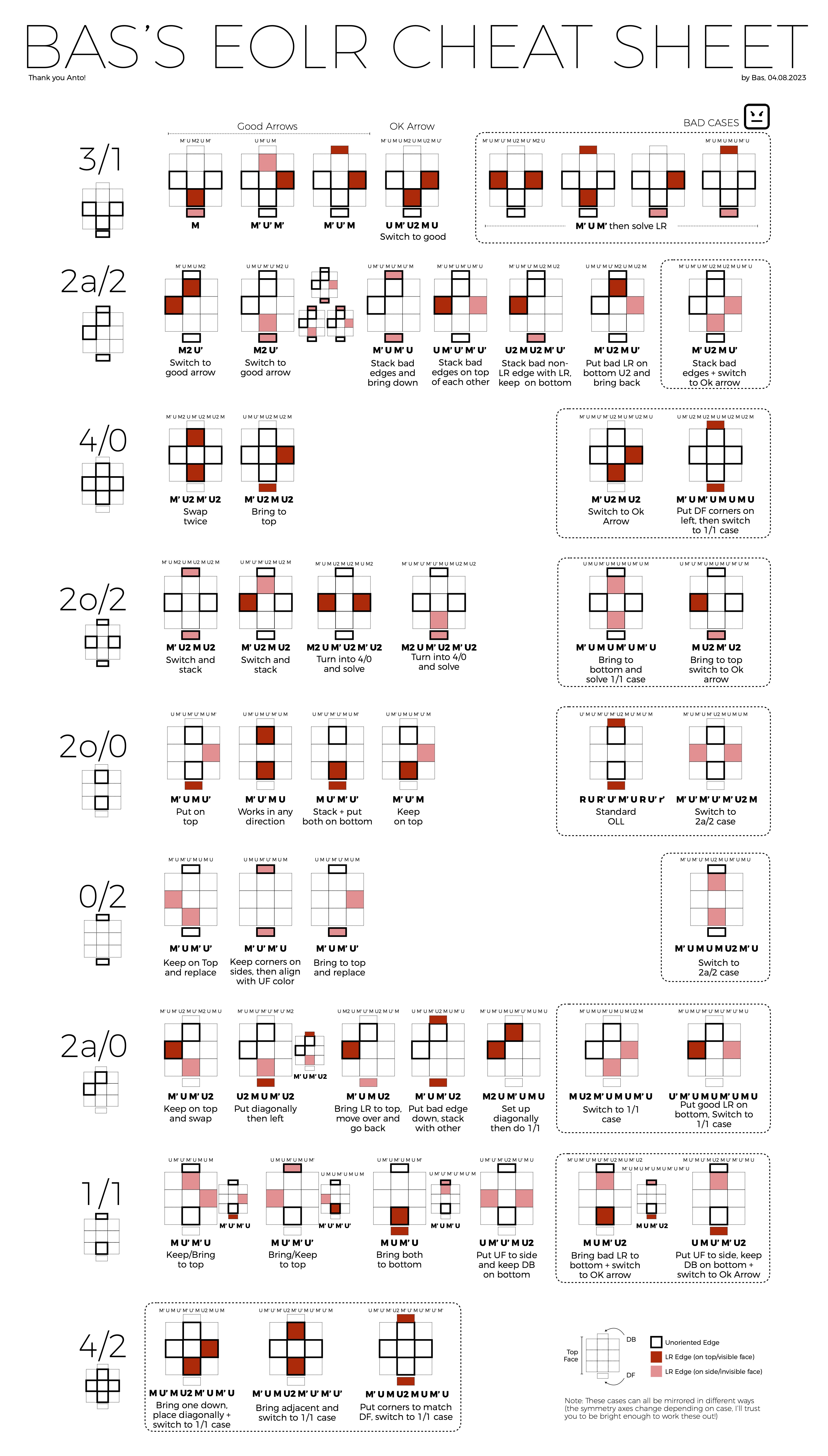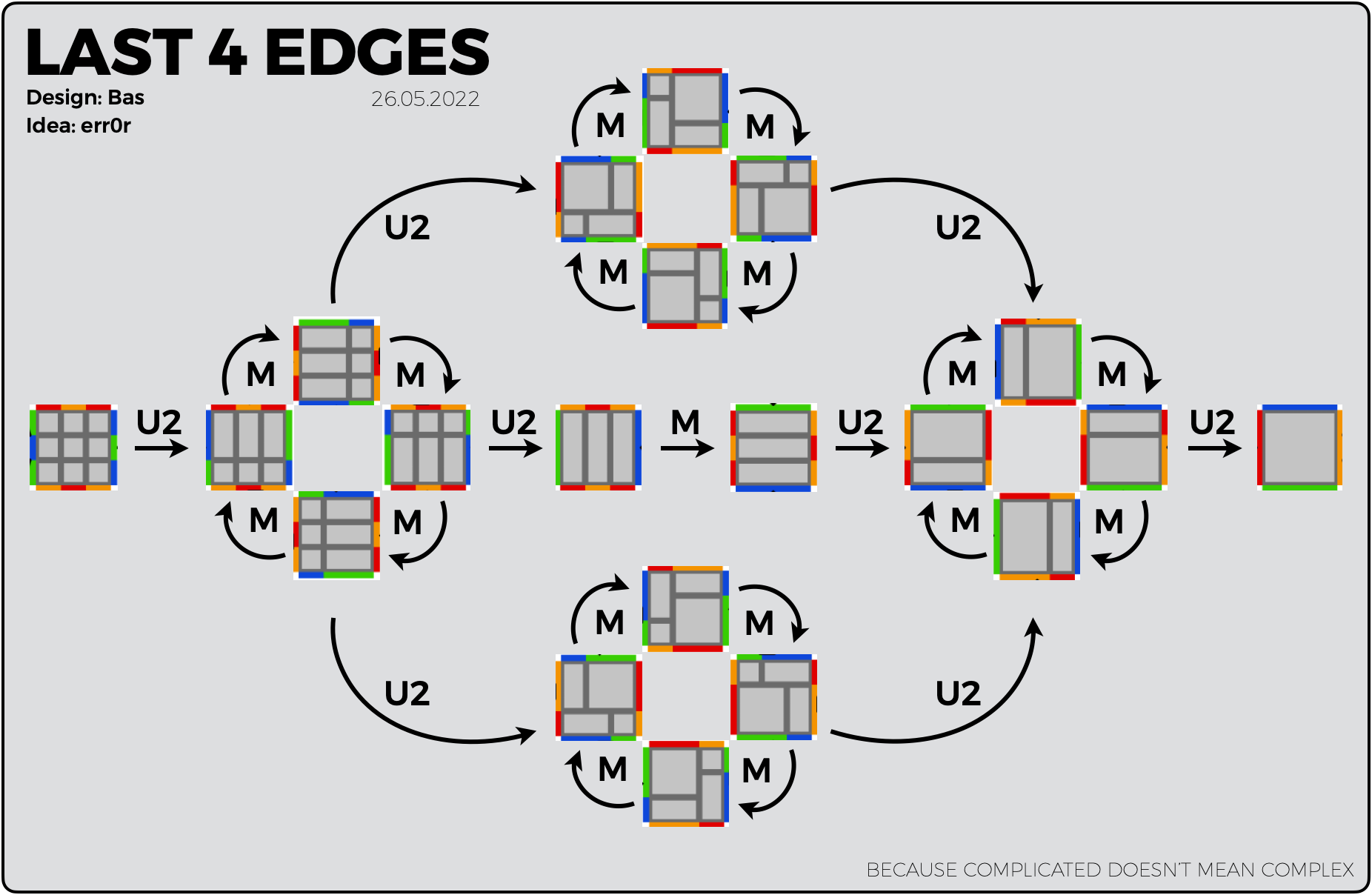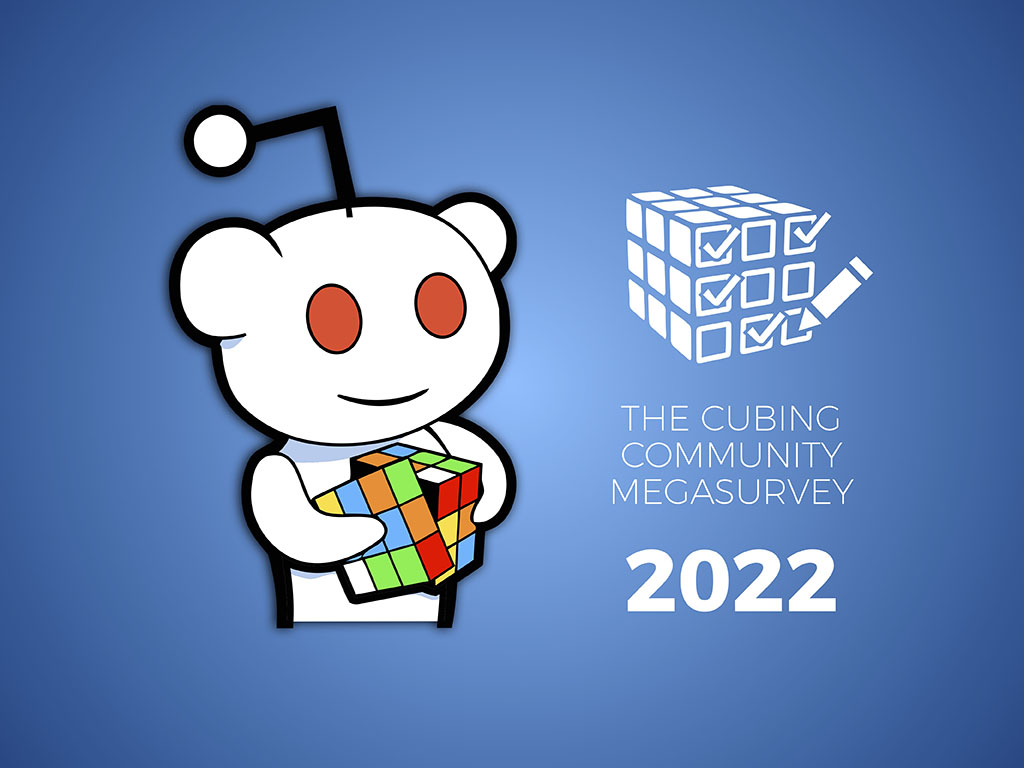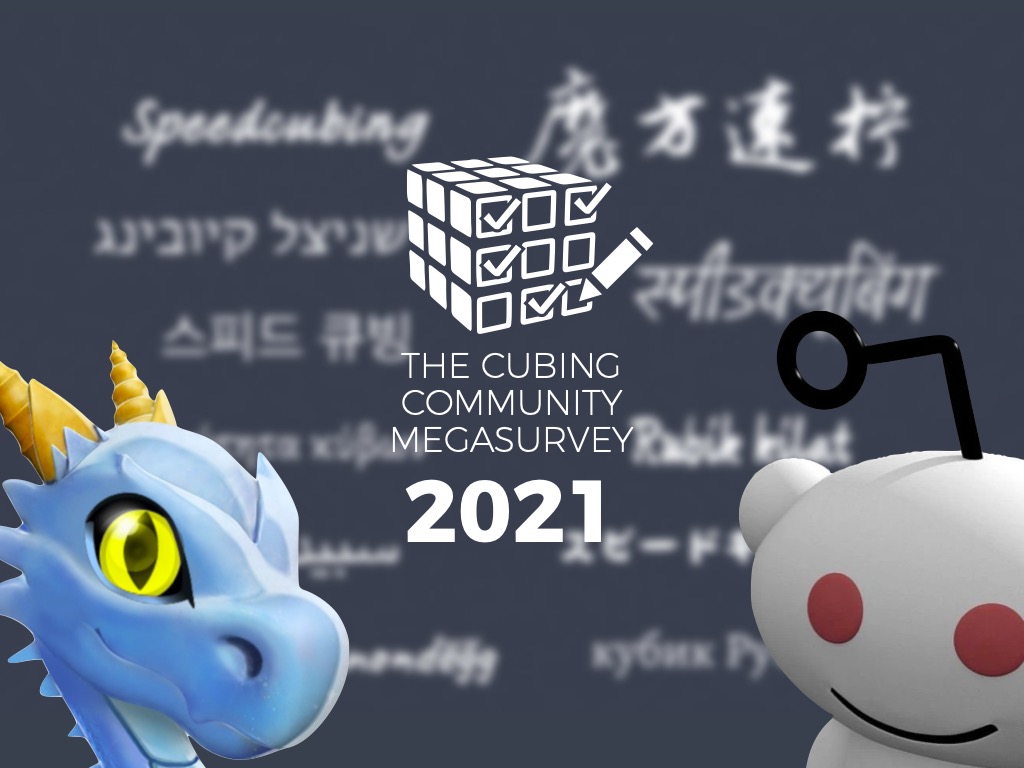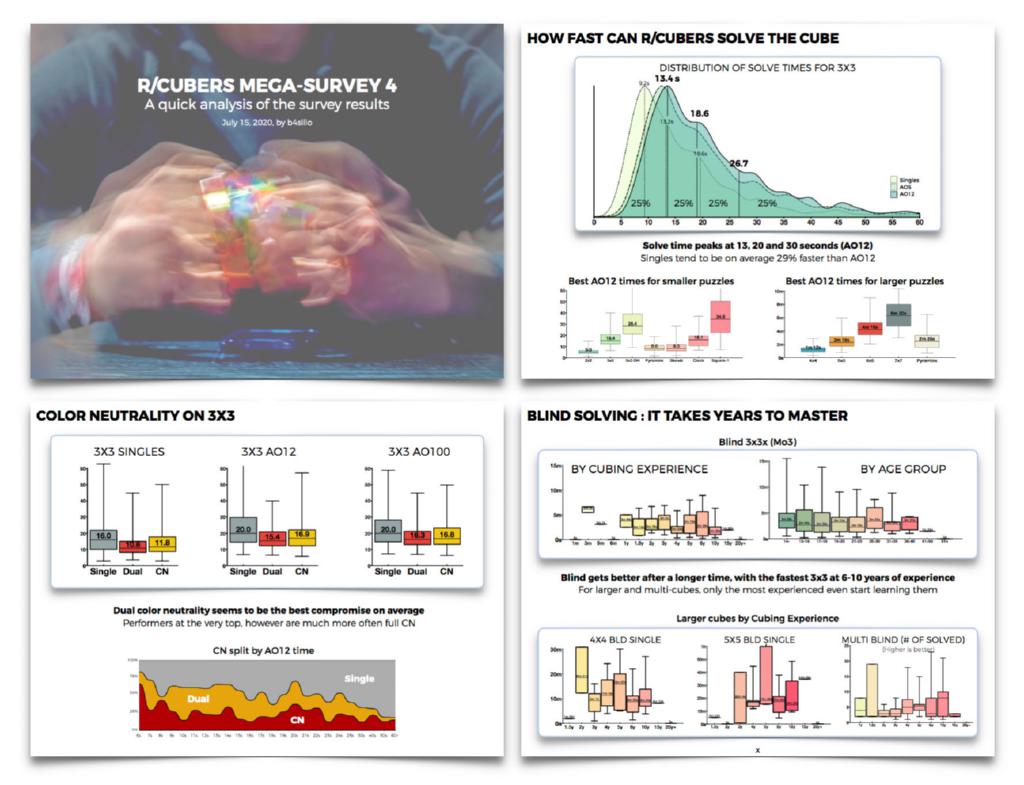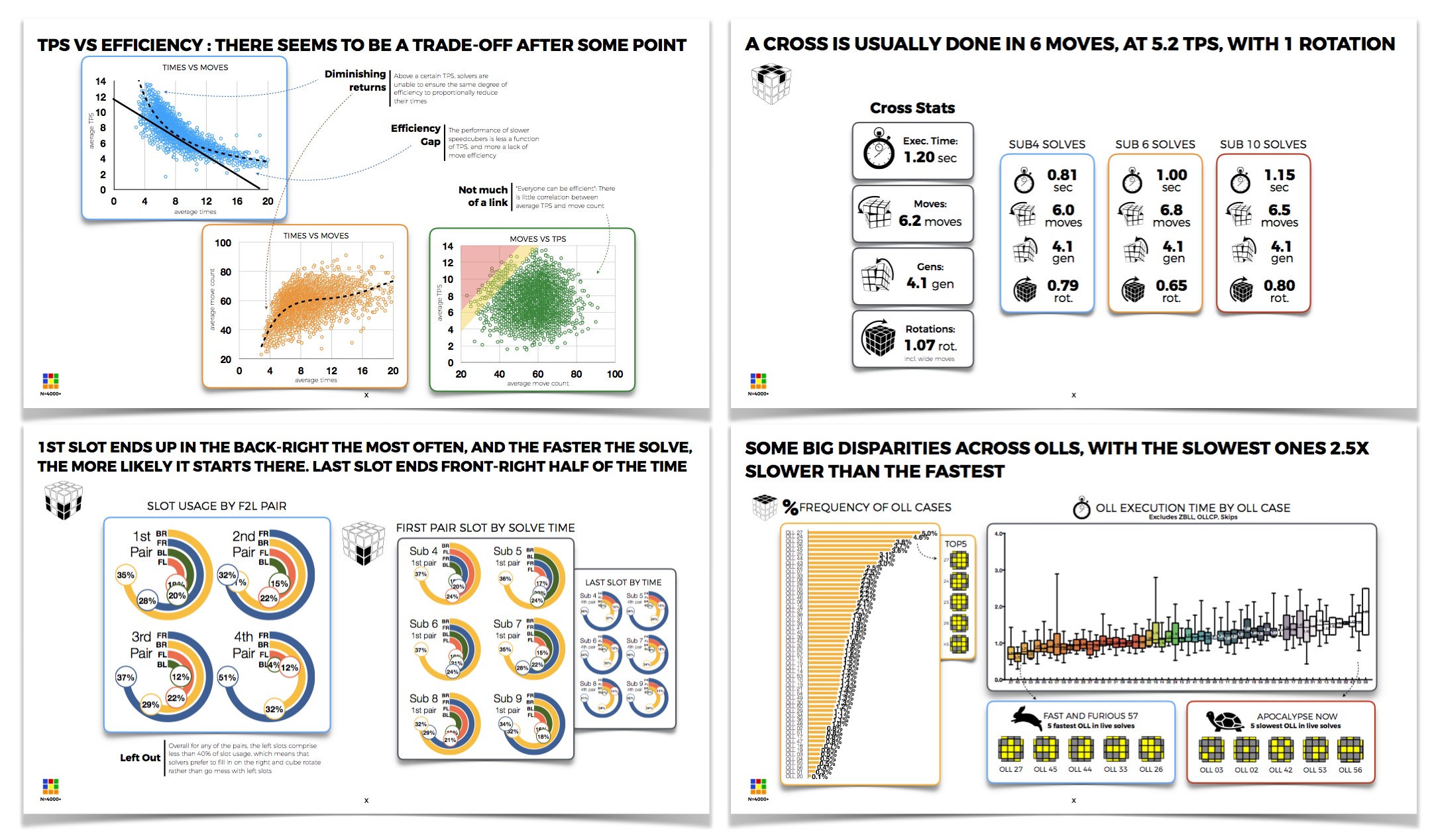B4silio's Cubing stuff
| Software |
Data
Analysis |
Hardware |
Guides |
Fancy Charts Generator
After a long while of regular
requests from the community, here's a simple version
of my chart generator for solve times distribution.
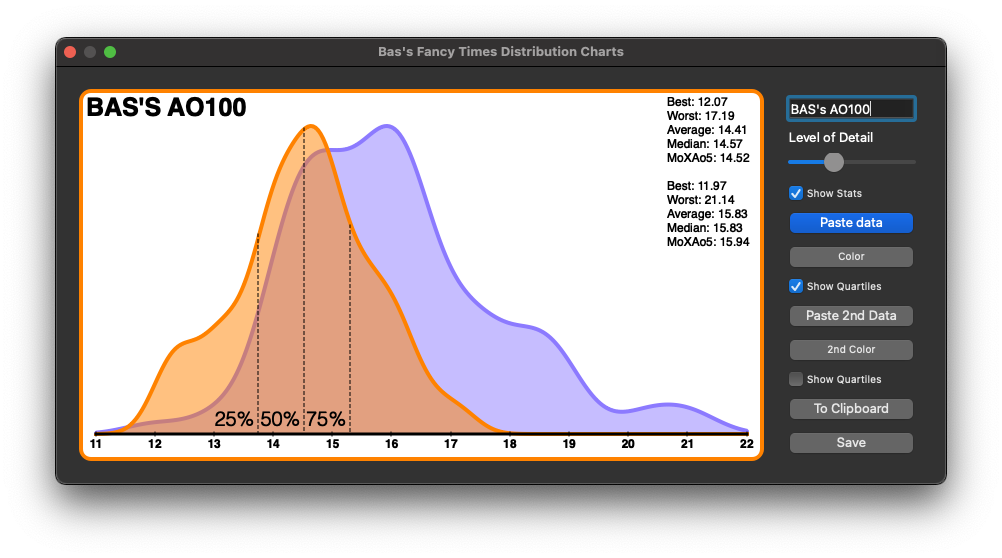
Note: There isn't much in the way of help, but hopefully the interface is sufficiently self-explanatory
And here are the OSX and Windoiws executable, they should be self-contained and need no additional libraries
Software is provided as is, and may crash or generate unexpected behaviour. By using it you are accepting any possible risks.
Recon Viewer
A simple frame-by-frame video player to help out the reconstruction process for the heroes who do this kind of things.
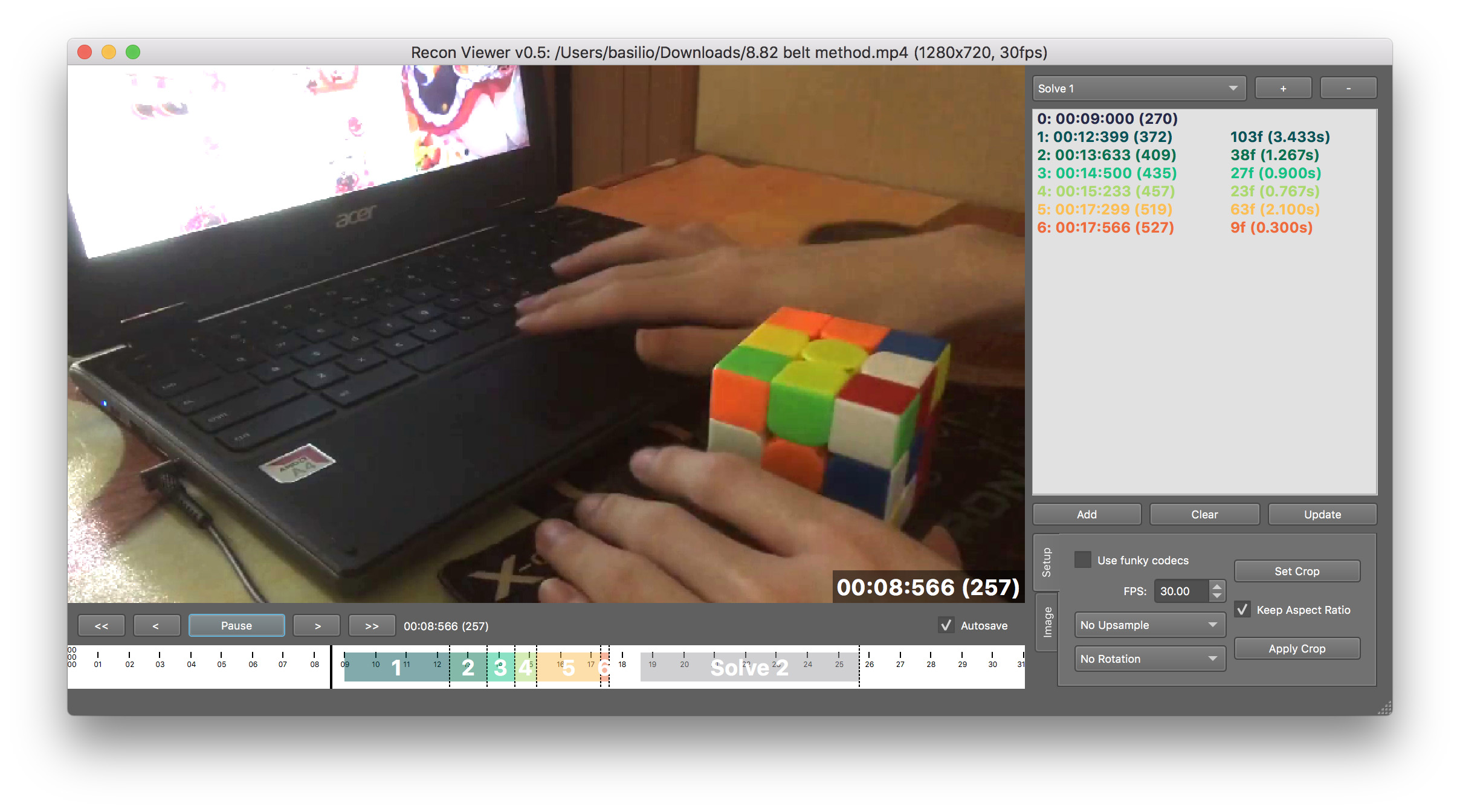
Software is provided as is, and may crash or generate unexpected behaviour. By using it you are accepting any possible risks.
Hagis : Here's a Graphic Interface to the Solver
A graphical interface created to make life easier to
people who want to test out algorithms and alg-search
procedures and do not want to learn a new scripting
program
OSX version v0.6
Windows version v0.4
Linux
AppImage v0.4
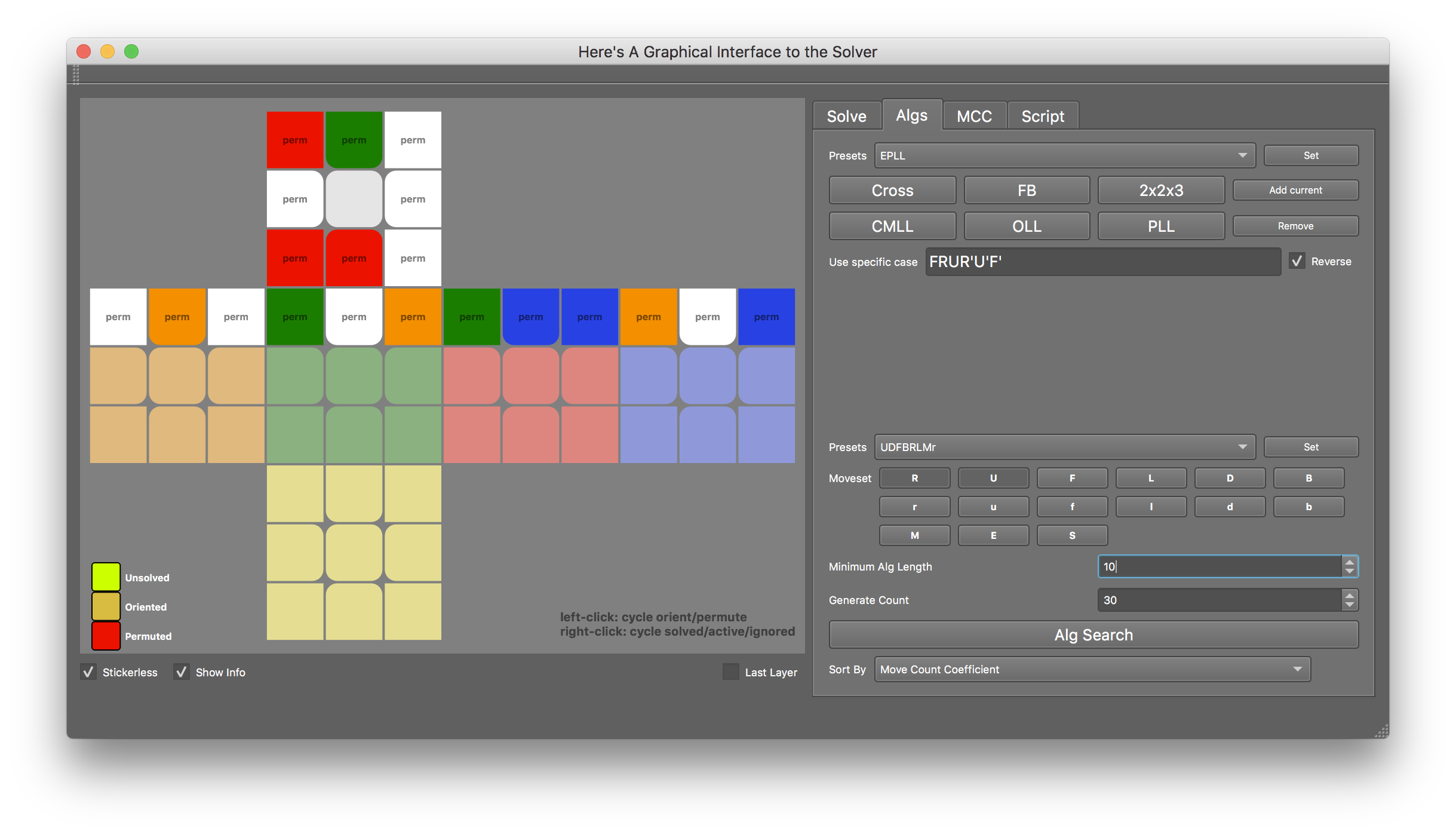
- Solve: Move the cube around using the mouse, or insert a scramble (and then move things around if you want), hit the Solve button and it will provide the optimal solution using Kociemba's 2-step alg.
- Cube Painter: Enable the Cube Edit option to be able to draw the faces of the cube. Click on a piece and drag for it to show the possible colors. Note that you might get to an unsolvable cube due to parity
- Scramble tweaks: Use the controls around
the scramble/moves display to invert, rotate,
generate moves
- Algs: This is a graphical interface to determining the "pre-alg" state of the cube and the "target" state for HARCS alg search procedure. Activate the desired movesets and hit Alg Search. If a specific state is provided, only cases starting from there are generated, otherwise all states corresponding to the Pre-Alg vs Target descriptions will be generated. WARNING: memory usage when going above 14 moves AND using several moves in the moveset can easily go over 10gb of RAM. Use with caution!
- MCC: This is a more detailed version of Trang's MCC, it exposes the Starting Grips and moves that are computed internally during the evaluation of MCC. Copy paste a bunch of algs in the input box and hit the compute button. Click on individual algs to obtain the internal moves used for computation
- Moves Fixing: The algs can be tweaked to correct spacing, or replace some types of moves (e.g. convert l/r into their R/L equivalent). It is applied individually to each line as a separate alg
- Additions to MCC: Some fingertricks
have been added to MCC (e.g. pinches for F/F' from
home-grip, ZipperBee's homegrip B and F2s,
moreover rotations have been added as well
- Script: This will technically feed the
text line by line to HARCS. (However it wont output
anything unless you're launching the software in
console mode)
Some known bugs:
- The Case Setup with unsolved
pieces (e.g. CMLL) requires the pieces setup to be
appropriate: use the oriented->ignore status to
make sure that the pieces are allowed to be moved
around even if they are and remain oriented (e.g.
for OLL cases)
Note: if
you're on Windows, it might tell you that MSVCP140_1.dll
is missing. If that is the case you might
need to install the "Microsoft Visual C+
Redistributable Package 2015, 2017 and 2019",
download the 64-bit version and install it
Software is provided as is,
and may crash or generate unexpected behaviour. By
using it you are accepting any possible risks.
Audio Timer
A timer that uses your microphone to detect pauses/split in solves, or to auto-split algs executions.
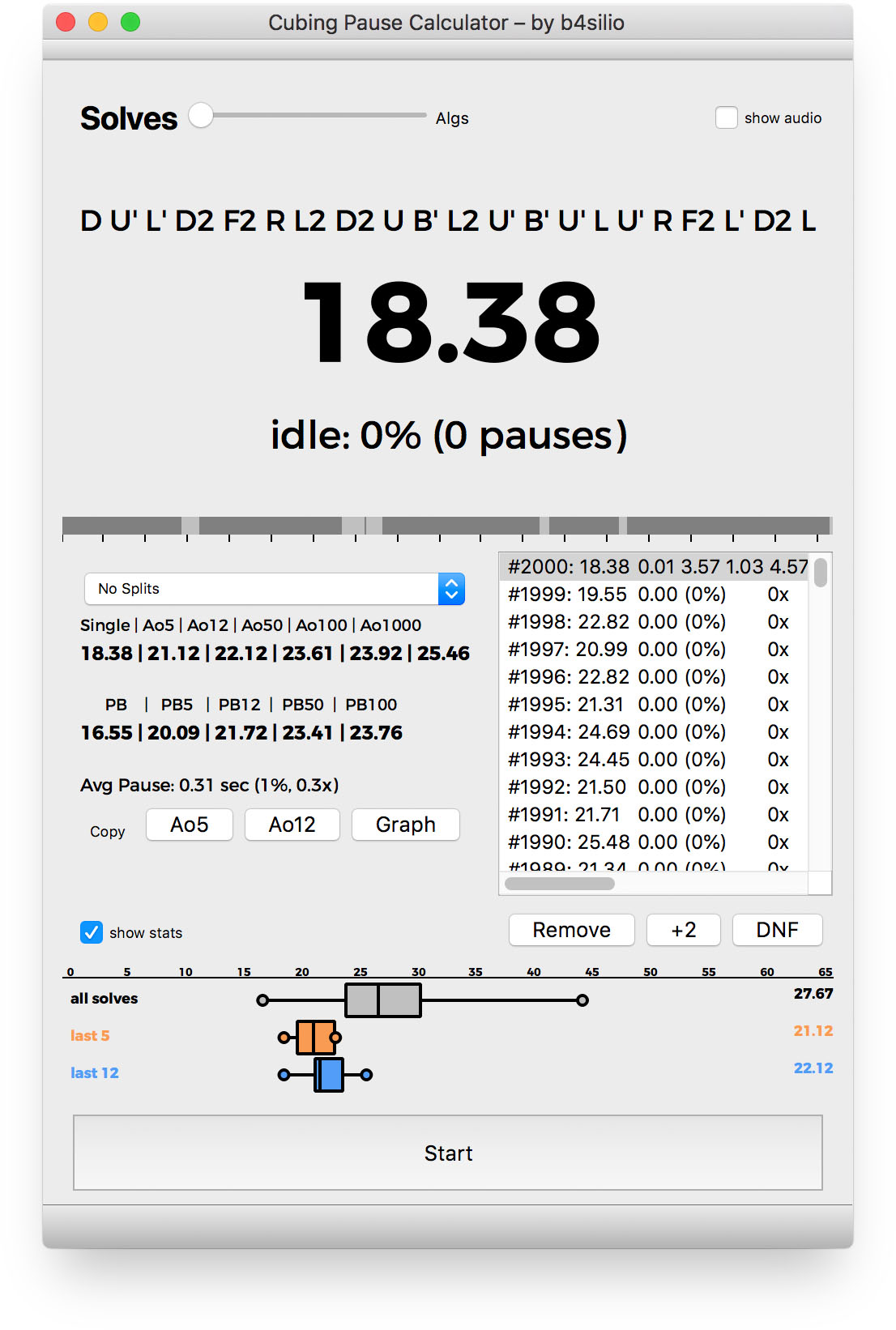
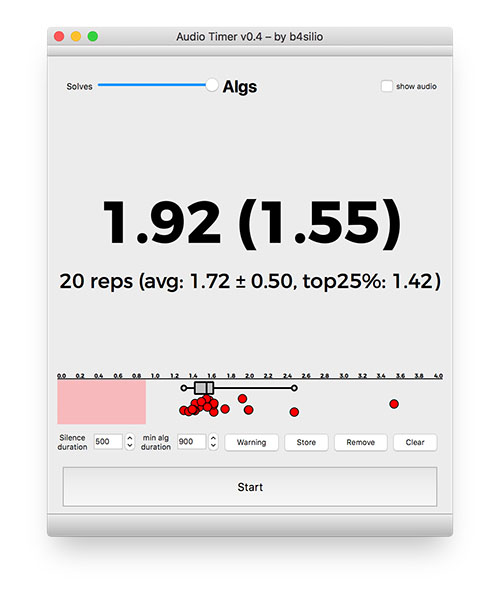
OSX version
Windows Version
Got the idea to do this after watching one of cyoubx videos where he was basically doing exactly the same thing.
It uses the first microphone/input it finds on the system and you can set a baseline "silence" threshold.
App has two modes:
- Solves: standard timer, it detects pauses during the solve and how much of the total time has been spent "looking" vs "turning"
- Algs: hit start and do drills of your favorite algs, it will detect when you pause and measure the duration of the alg. Useful if you want to understand which fingertricks might be faster, or more consistent, or to check out multiple algs for the same OLL/PLL (or other)
UPDATE (2020-09-30): Now introducing Split By Voice
Say "Split" or anything really that lasts at least 0.5 seconds and it will automatically generate splits. If you set "CFOP splits" it sticks to maximum 4 splits, otherwise it takes as many as you make it take. Dont be afraid to use longer utterances, as it splits at the beginning of the word and this way you're sure it will detect it properly. You can play with the "voice" threshold to be sure it catches your words.
For some reason a higher pitch seems to work better (at least on my laptop mike), although I havent been able to make many tests: it's the middle of the night and my flatmate is not too keen on having me shouting "SPLEEEEEEEET" at different volumes to evaluate the thresholds. Big thanks to /u/RAHDXB for the idea!
UPDATE (2020-10-01): Added Scrambles and AOx display
- Added some quality of life features to the timer.
- Scramble generation (random moves, rather than random state)
- Added an option to boost volume, as well as to disable the audio system altogether
- Ao5/Ao12/Ao50/Ao100 as well as PBs, and graph with the distribution of solve times
- Copy and paste Ao5 and Ao12 data, as well as the distribution graph
- Added Import from and Export to CSTimer txt files (to re-integrate sessions into CSTimer if desired): date&time of solve is stored and sorted so that the newest solves from either are kept
- Added buttons to assign DNFs and +2s to solves
UPDATE (2021-04-25): Added Audio Input selection
- Under the menu Settings > Select Audio Input
Software is provided
as is, and may crash or generate unexpected
behaviour. By using it you are accepting any
possible risks.
Cubing
Megasurvey 2022
Here
are the latest results from the 2022 megasurvey,
with 1400+ participants, almost 100 pages of
report and plenty of things to learn! A
presentation article and the full analysis are
available here (click on image)
In 2021 we had a joint collaboration between the
Reddit cubing subreddit and the Chinese BiliBili
community. The presentation article and the full
analysis are available here (click on image)
And for a much shorter
analysis from 2020 results:
LEARNING FROM THE PROS
A large-scale analysis of thousands of
solves from top-level cubers. Find the article and
data HERE.
Swiss Nationals 2022
A quick data analysis
of the results from Swiss Nationals 2022 in September
2022
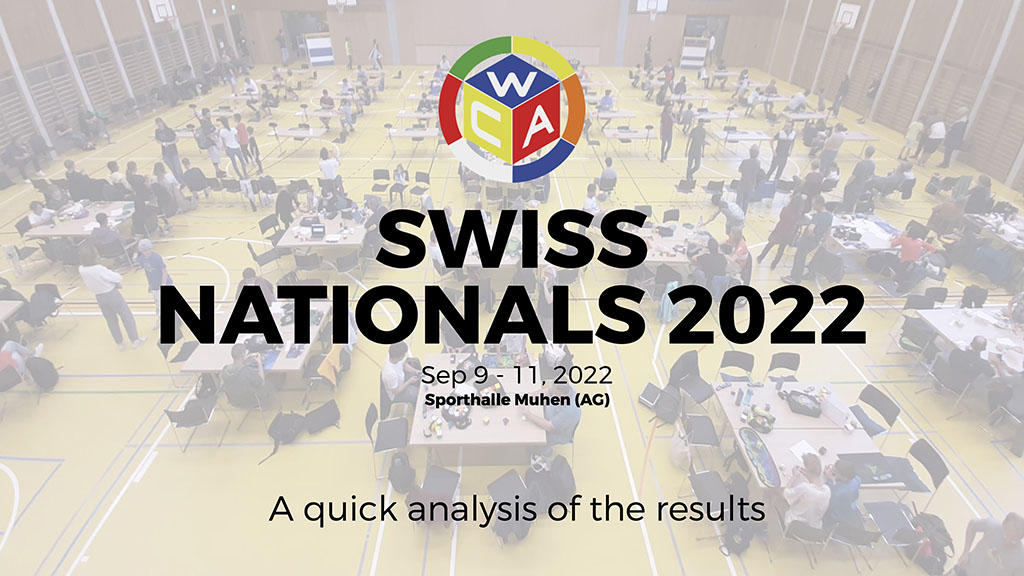
Bas's Cube Reviews
A modest attempt to review new
(and sometimes older) cubes
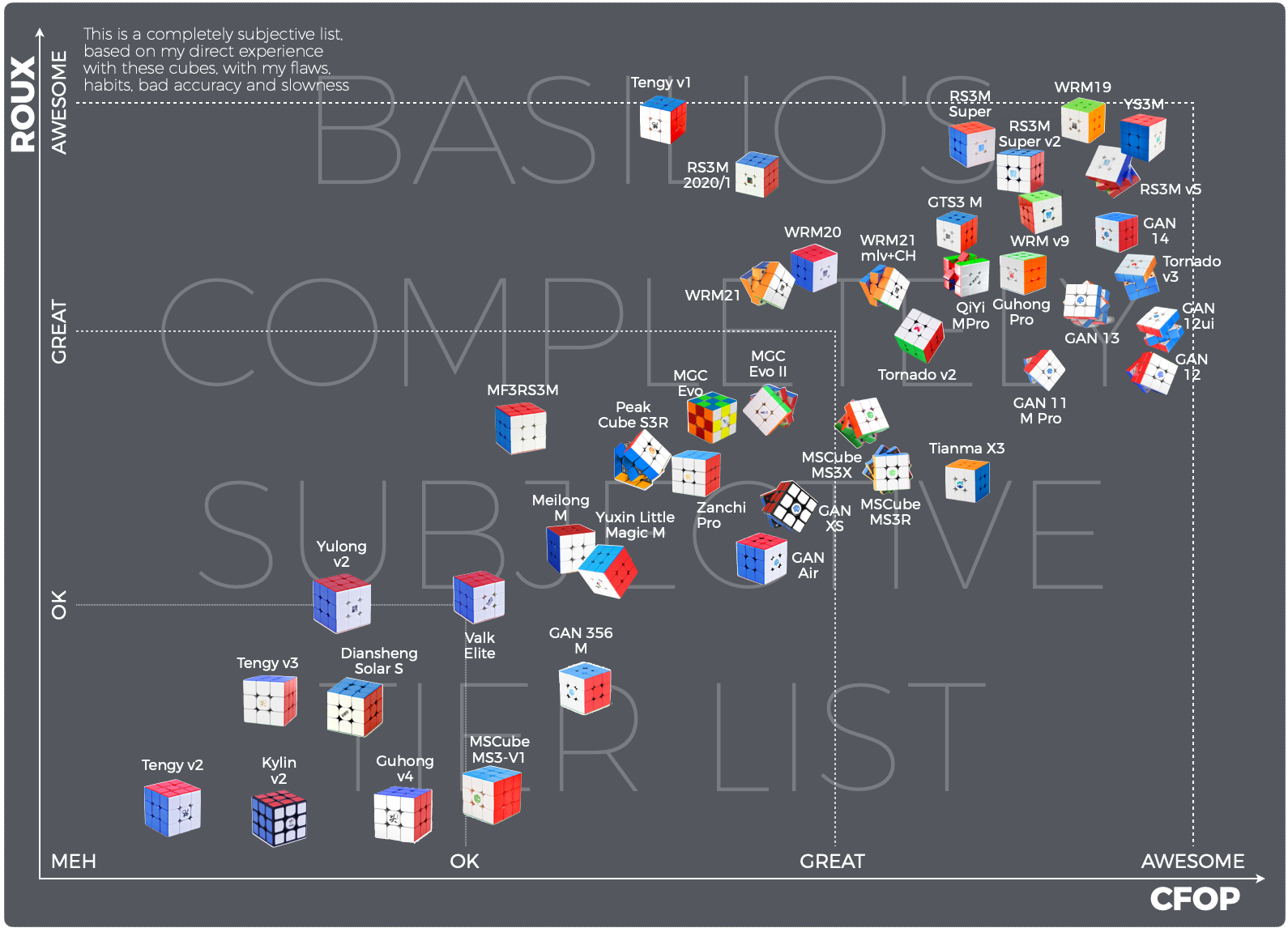
Cubes audio footprint
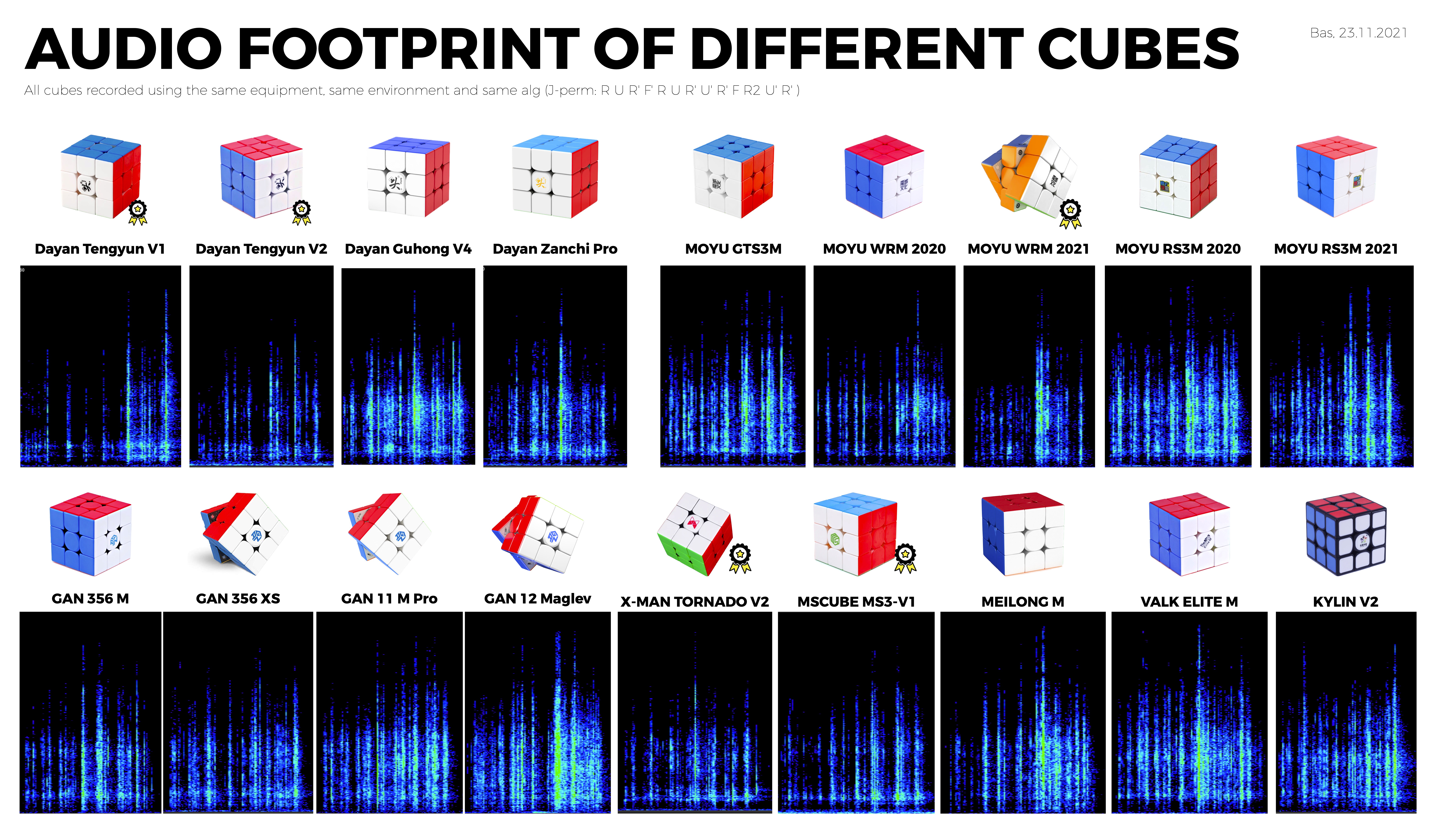
Bas's Guides
and algsheets
A series of algsheets and guides I've
made over the years that might be useful to some of you.
Click "Open image in new Tab" to get full-resolution
version.
